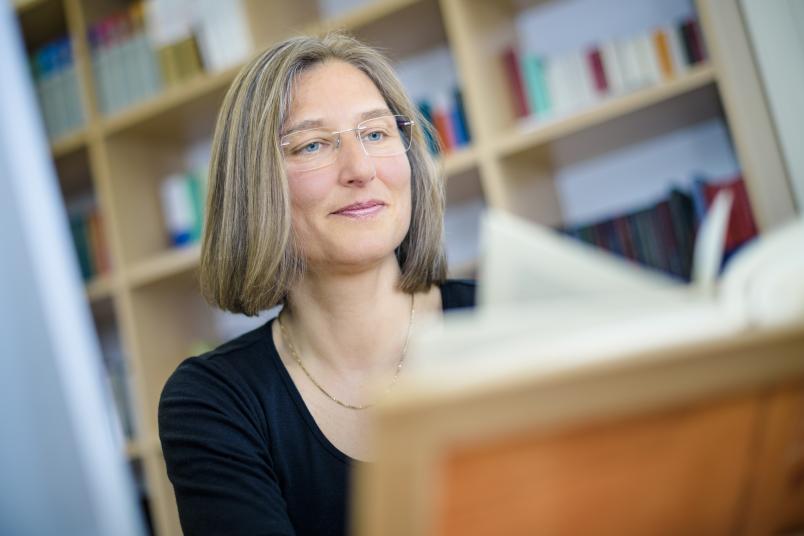
Point of view
“We are in the middle of a discussion about human breeding”
Maren Lorenz researches historical utopias of human breeding. She often sees links to the present.
Today, doctors are able to test if a child will present certain disabilities not just in amniotic fluid, but also in the blood of pregnant women. The number of prenatal check-ups that deceive parents into developing a false sense of security is growing apace. The pharmaceutical lobby is trying to enforce that health insurance companies should in future finance such lab tests, as for them this is a giant money-making machine. However, patients are tested for only a small percentage of frequently occurring disabilities. Due to infinite mutations and developmental disorders, there is no guarantee that the child will be healthy.

The discussion about what constitutes worthy and unworthy life remains a philosophical and theological minority debate.
The discussion about what constitutes worthy and unworthy life remains a philosophical and theological minority debate. The decision dilemma is exacerbated due to new diagnostic methods being continuously released, and it is in effect passed on to each individual couple, who are thus put under enormous pressure.
Are parents to blame when they have a child with disabilities? Does that mean they shouldn’t complain if they don’t receive adequate support by the kindergarten, the school, and in everyday life? They could have terminated the pregnancy, after all.

Many researchers don’t believe it is their responsibility to consider the consequences for the individual and for society that are shaped by this technology.
The ethical implications of prenatal diagnostics are the elephant in the room, but hardly anyone talks about them. Instead, a hype surrounds biomedical basis research, and many researchers don’t believe it is their responsibility to consider the consequences for the individual and for society that are shaped by this technology.
At the same time, arts and humanities receive less and less backing, and are downgraded to teacher training courses at many universities. While in fact now is the time when they should be continuously exploring, describing and communicating the way our society is evolving and the changes its norms are undergoing, thus providing the framework for us to handle new technologies responsibly.
First and foremost, society must take up a position regarding revolutionary methods of biomedicine. We are in the middle of a debate about breeding humans, which appears to be only just gathering pace.